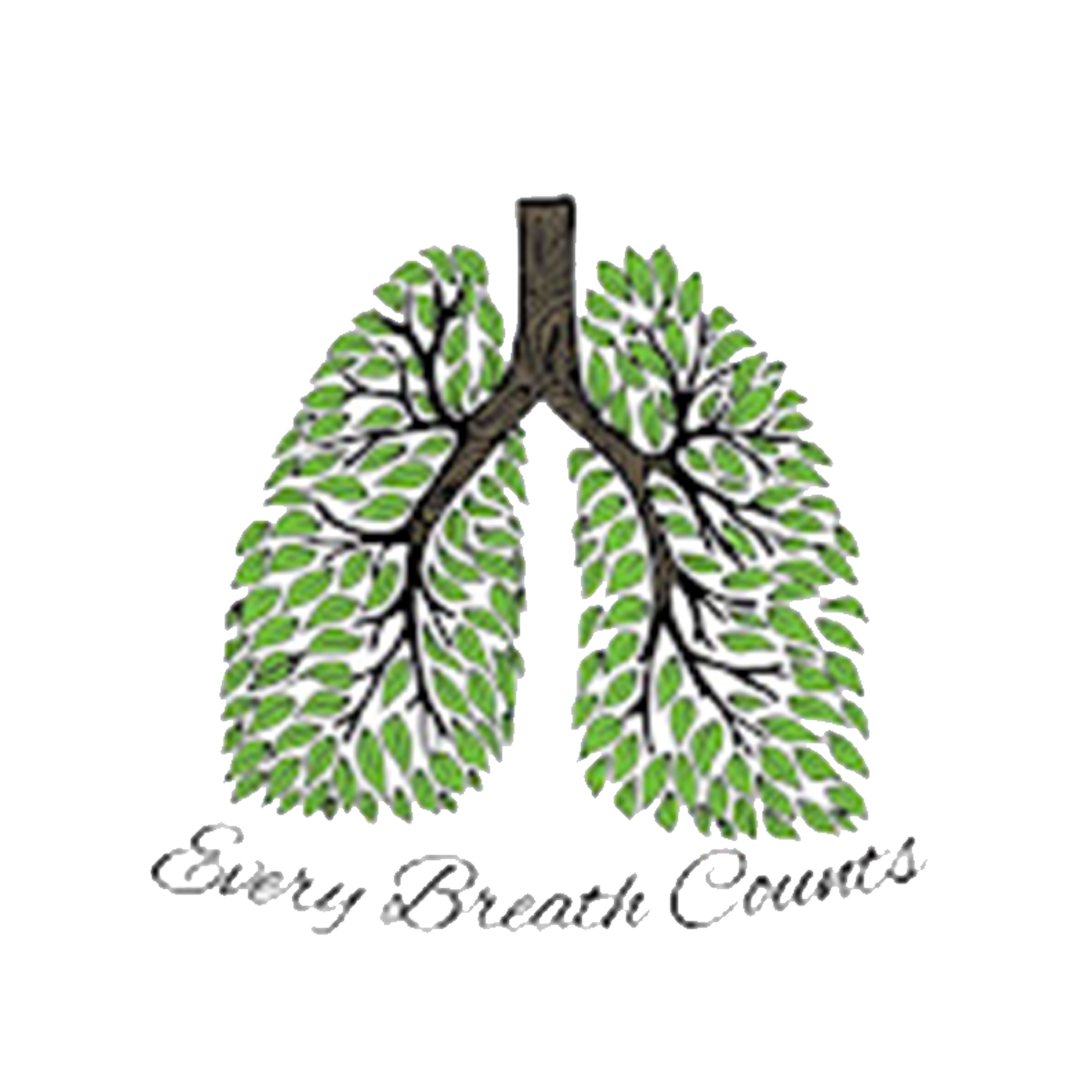
Our Services
Chronic Obstructive Pulmonary Disease (COPD)
COPD is a group of progressive lung diseases that make it difficult to breathe by blocking airflow to the lungs. It is usually caused by long-term exposure to harmful gases or particles, often from cigarette smoke. A pulmonologist is a doctor who specializes in treating COPD.
1. Shortness of breath, especially during physical activity.
2. Wheezing and chest tightness
3. Chronic cough, sometimes producing mucus
4. Needing to clear your throat in the morning
5. Bluish lips or fingernails
6. Frequent respiratory infections
7. Low energy and unexplained weight loss
A pulmonologist may prescribe bronchodilators to relax the muscles around your airways, making it easier to breathe. Oxygen therapy and, in severe cases, surgery (like a bullectomy) might also be recommended.
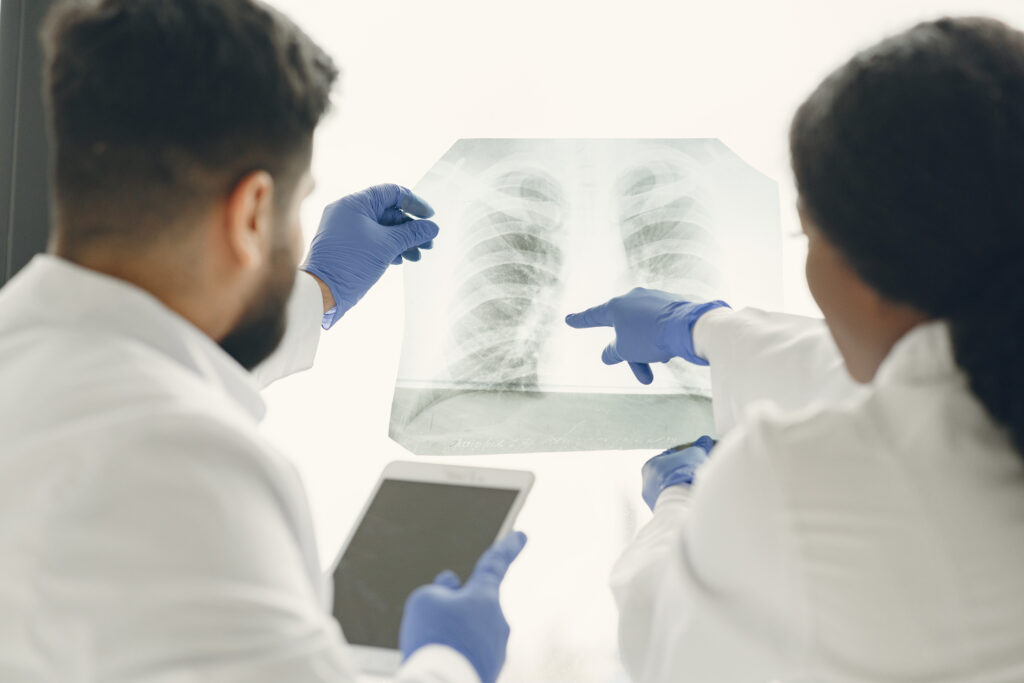
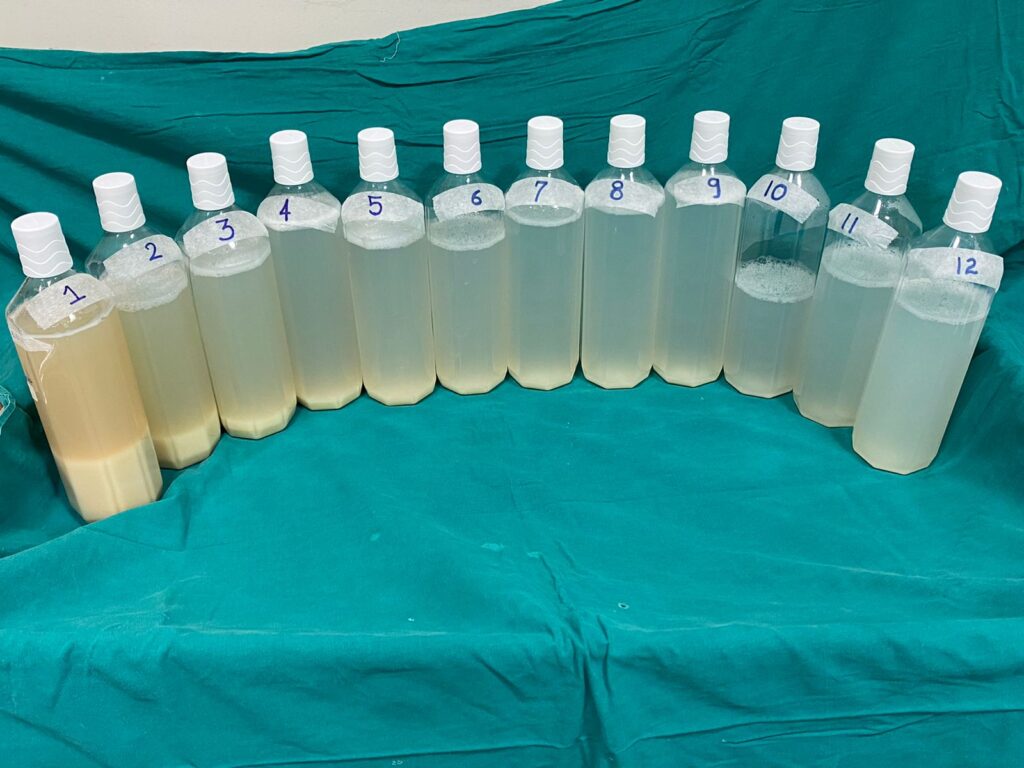
Dyspnoea
Dyspnoea refers to shortness of breath, which can vary from mild and temporary to severe and persistent. A pulmonologist is a specialist who can effectively manage dyspnoea.
Common symptoms include chest pain, wheezing, sweating, nasal congestion, headache, nausea, and vomiting.
Treatment depends on the underlying cause,
1. If dyspnoea is related to asthma, a pulmonologist may recommend bronchodilators and steroids.
2. For cases linked to pneumonia, antibiotics may be prescribed to provide relief.
Tuberculosis (TB)
Tuberculosis is a serious infectious disease that mainly affects the lungs. The bacteria causing tuberculosis can be transmitted from one person to another. A pulmonologist specializes in the treatment and management of tuberculosis.
1. A persistent cough lasting three weeks or more
2. Coughing up blood
3. Chest pain, especially when breathing or coughing
4. Unintentional weight loss
5. Fatigue
6. Fever
7. Night sweats and chills
8. Loss of appetite
A pulmonologist may prescribe medications such as isoniazid, rifampin, ethambutol, and pyrazinamide to treat tuberculosis.
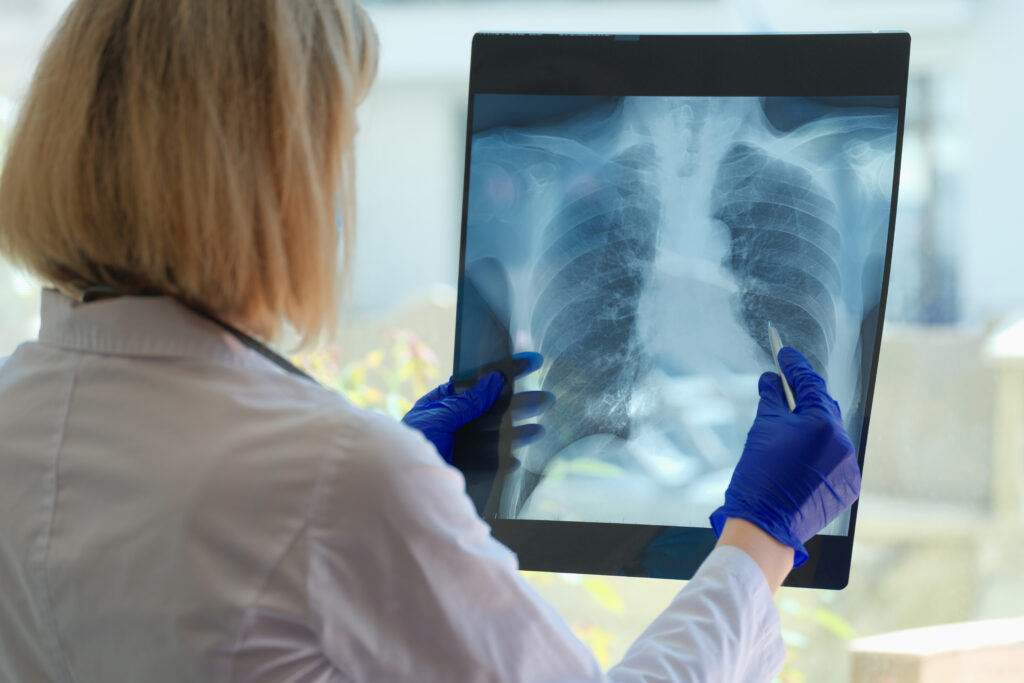
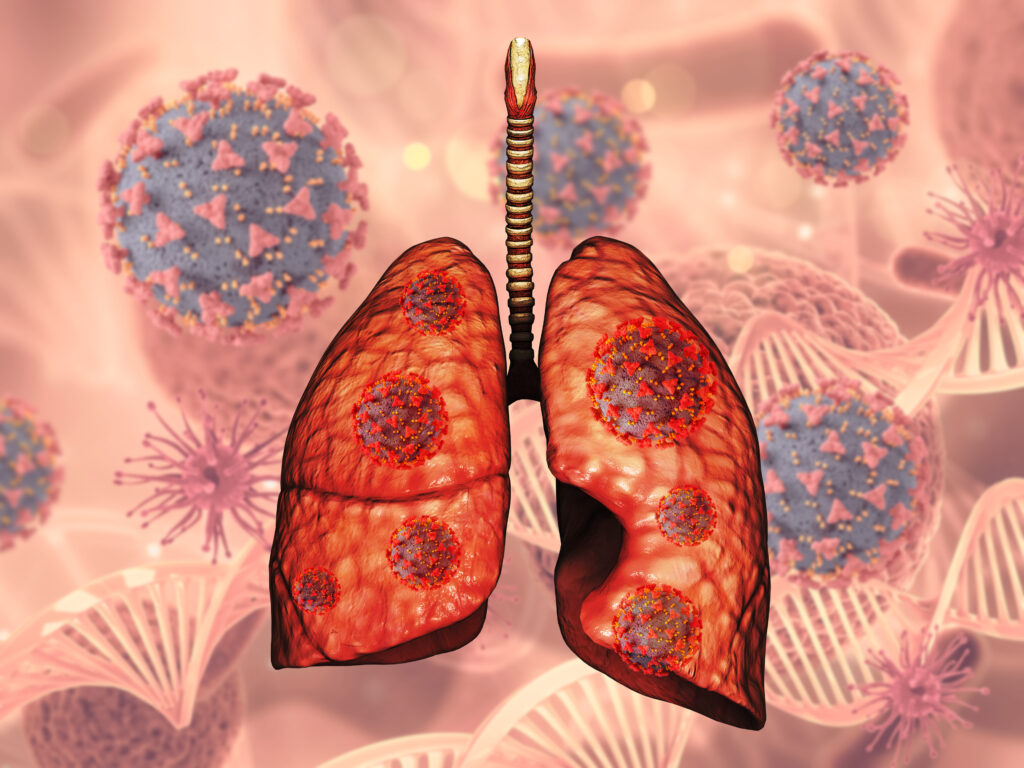
Cystic Fibrosis
Cystic fibrosis is a genetic disorder that leads to the accumulation of thick, sticky mucus, primarily affecting the lungs and digestive system, but also potentially damaging other organs. A pulmonologist specializes in managing this condition.
1. Persistent cough with thick mucus
2. Wheezing and shortness of breath
3. Difficulty with physical activity
4. Frequent lung infections
5. Stuffy nose
6. Foul-smelling, greasy stools
7. Poor weight gain
8. Intestinal blockage, especially in newborns
9. Severe constipation
A pulmonologist may prescribe below mentioned things while catering the treatment.
1. Antibiotics to treat and prevent lung infections
2. Anti-inflammatory medications to reduce airway swelling
3. Mucus-thinning drugs to aid in coughing up mucus
4. Bronchodilators to open airways
5. Oral pancreatic enzymes to help the digestive system absorb nutrients
6. In severe cases, treatments might include nasal polyp removal, oxygen therapy, endoscopy with lavage, bowel surgery, or a lung transplant.
Pulmonary Hypertension
Pulmonary hypertension is a type of high blood pressure that affects the arteries in the lungs and the right side of the heart. It occurs when the small arteries and capillaries in the lungs become narrowed, blocked, or damaged. A pulmonologist specializes in treating and managing pulmonary hypertension.
1. Shortness of breath
2. Fatigue
3. Dizziness or fainting spells
4. Chest pressure or pain
5. Swelling in the ankles, legs, and eventually the abdomen
6. A bluish tint to the lips and skin
7. A racing pulse or heart palpitations
A pulmonologist may prescribe:
1. Blood vessel dilators (vasodilators)
2. Endothelin receptor antagonists
3. Medications like sildenafil and tadalafil
4. High-dose calcium channel blockers
5. Soluble guanylate cyclase (SGC) stimulators
6. Anticoagulants, digoxin, and diuretics
7. Oxygen therapy
In more severe cases, they may recommend procedures like atrial septostomy or a lung or heart-lung transplant.


Pulmonary Fibrosis
Pulmonary fibrosis is a common interstitial lung disease that occurs when lung tissue becomes damaged and scarred. A pulmonologist specializes in the treatment and management of this condition.
1. Shortness of breath
2. Dry cough
3. Fatigue
4. Unexplained weight loss
5. Aching muscles and joints
6. Widening and rounding of the tips of the fingers or toes (clubbing)
A pulmonologist may prescribe medications like pirfenidone and nintedanib to slow the progression of idiopathic pulmonary fibrosis, along with oxygen therapy. In severe cases, a lung transplant may be recommended.
Acute Respiratory Infection
Acute respiratory infection is an infection that disrupts normal breathing and can affect both the upper and lower respiratory systems. It is most common in children, older adults, and individuals with weakened immune systems. A pulmonologist specializes in treating acute respiratory infections.
1. Congestion in the nasal sinuses or lungs
2. Runny nose
3. Cough
4. Sore throat
5. Body aches
6. Fatigue
If the infection is bacterial, a pulmonologist may prescribe antibiotics. For viral infections, there are no specific treatments, but a pulmonologist can recommend medications to help manage the symptoms.


Sarcoidosis
Sarcoidosis is an inflammatory disease where granulomas, or clumps of inflammatory cells form in various parts of the body, particularly in the lungs. A pulmonologist specializes in managing and treating sarcoidosis.
1. Fatigue
2. Fever
3. Swollen lymph nodes
4. Weight loss
5. Persistent dry cough
6. Shortness of breath
7. Wheezing
8. Chest pain
A pulmonologist may prescribe anti-inflammatory medications, corticosteroids, methotrexate, or azathioprine to help suppress the immune system. In severe cases where the lungs are extensively damaged, a lung transplant may be necessary.
Interstitial Lung Disease
Interstitial lung disease refers to a group of conditions that cause lung damage, leading to fibrosis and reduced lung elasticity. A pulmonologist specializes in treating and managing these diseases.
1. Chronic dry, hacking cough
2. Shortness of breath, especially during or after physical activity
3. Persistent fatigue
4. Weight loss
5. Clubbing of the fingertips and nails
A pulmonologist may prescribe anti-inflammatory medications or anti-fibrotics, along with oxygen therapy. In severe cases, a lung transplant may be recommended.


Bronchiectasis
Bronchiectasis is a condition where the bronchial tubes in the lungs become permanently damaged, widened, and thickened. This can lead to a buildup of excess mucus, making the lungs more susceptible to infections. A pulmonologist specializes in managing bronchiectasis.
1. Chronic daily cough
2. Coughing up blood
3. Wheezing
4. Shortness of breath
5. Chest pain
6. Coughing up large amounts of thick mucus daily
7. Weight loss
8. Fatigue
9. Thickening of the skin under the nails and toes
10. Frequent respiratory infections
Since the lung damage from bronchiectasis is permanent, a pulmonologist may prescribe medications to improve airflow and antibiotics to treat any lung infections that occur.
Acute Respiratory Distress Syndrome (ARDS)
Acute respiratory distress syndrome is a condition where fluid accumulates in the tiny, flexible air sacs of the lungs, impairing oxygen delivery to various organs. A pulmonologist specializes in the management of ARDS.
1. Severe shortness of breath
2. Labored and unusually rapid breathing
3. Low blood pressure
4. Confusion and extreme fatigue
Treatment may involve medications to prevent and treat infections, alleviate pain and discomfort, and increase oxygen levels in the bloodstream. In addition, patients may need mechanical ventilation to assist with breathing.

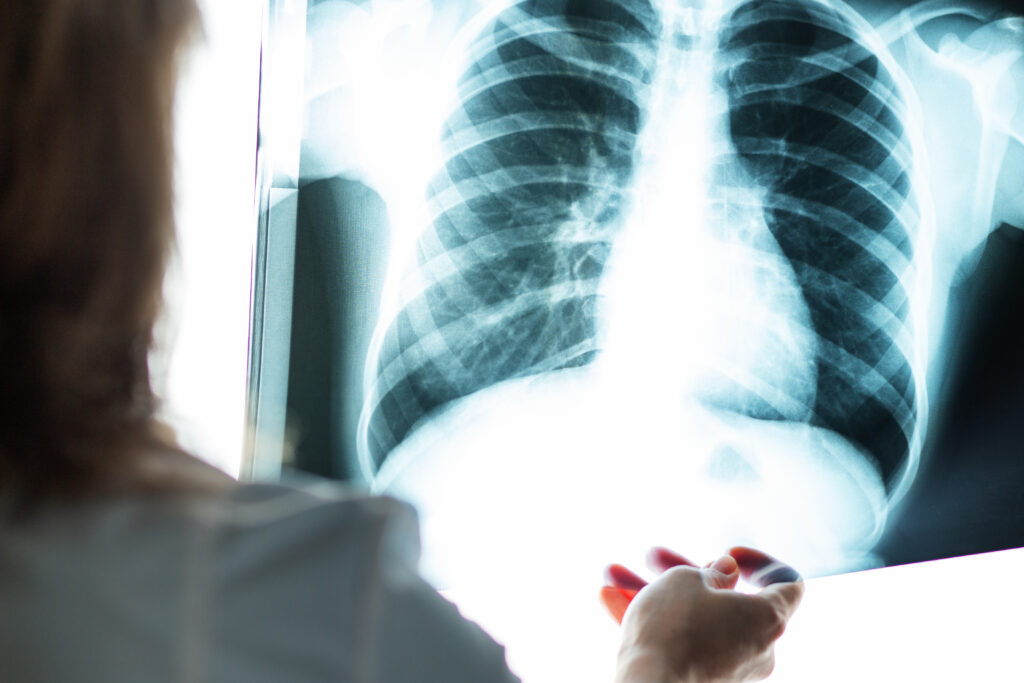
Pulmonary Embolism
Pulmonary embolism is a blockage in one of the pulmonary arteries in the lungs, which can damage part of the lung due to reduced oxygen levels and blood flow. A pulmonologist specializes in diagnosing and managing pulmonary embolism.
1. Shortness of breath
2. Anxiety
3. Bluish skin
4. Chest pain that may radiate to the arm, jaw, neck, or shoulder
5. Fainting
6. Irregular heartbeat
7. Light-headedness
8. Rapid breathing and heartbeat
9. Restlessness
10. Coughing up blood
11. Weak pulse
Treatment may include anticoagulants and clot-busting medications to dissolve clots, along with procedures for clot removal and the placement of a vein filter.
Pneumothorax
A pneumothorax is a condition where air accumulates in the space between the lung and the chest wall, leading to a collapsed lung. It can result from a chest injury, certain medical procedures, or damage due to underlying lung diseases. A pulmonologist specializes in the treatment and management of pneumothorax.
1. Persistent chest pain
2. Shortness of breath
3. Cold sweat
4. Chest stiffness
5. Bluish skin or rapid heart rate
Treatment may involve inserting a chest tube to continuously remove air from the chest cavity, and in some cases, surgery may be necessary to seal the air leak. Other instructions can be given by experts to deal with the conditions.
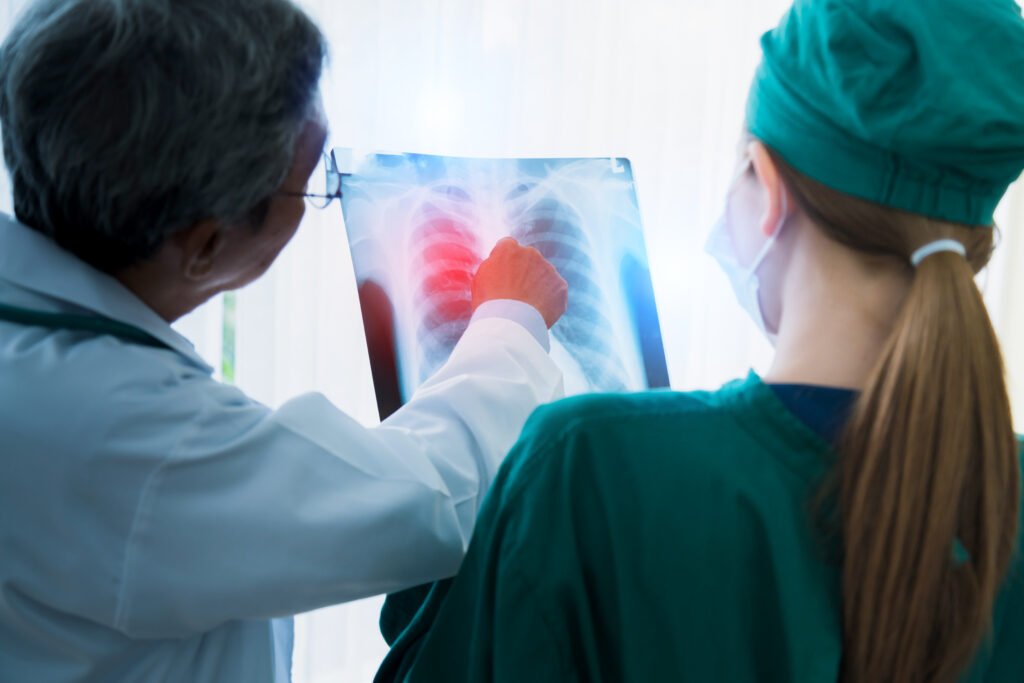
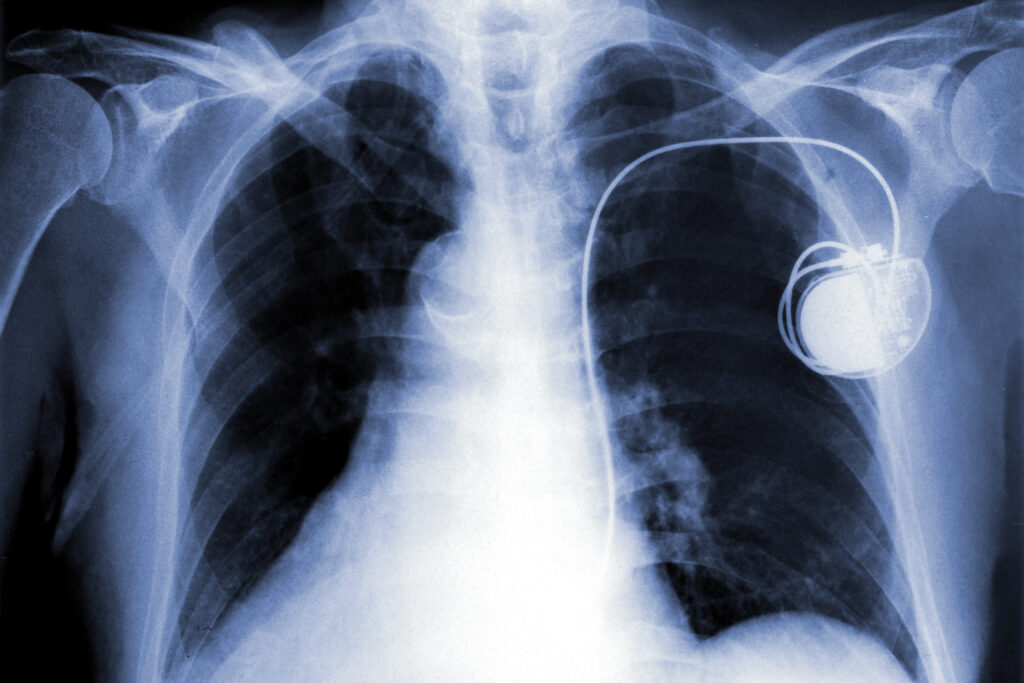
Pleural Effusion (Fluid in the Chest)
Pleural effusion is the accumulation of excess fluid in the space between the lungs and the chest cavity. This condition can be caused by various medical issues. A pulmonologist specializes in diagnosing and managing pleural effusion.
1. Chest pain
2. Dry cough
3. Fever
4. Difficulty breathing when lying down
5. Shortness of breath
6. Trouble taking deep breaths
7. Persistent hiccups
Treatment typically involves draining the fluid from the chest cavity using a needle or a small tube inserted into the chest. In more severe cases, a shunt or additional small tube may be placed to continuously manage the fluid.
Asbestosis
Asbestosis is a chronic lung disease caused by prolonged exposure to asbestos, a natural mineral known for its resistance to heat and corrosion. A pulmonologist specializes in the treatment and management of asbestosis.
1. Shortness of breath
2. Persistent dry cough
3. Loss of appetite and weight loss
4. Wider and rounder fingertips and toes
5. Chest tightness or pain
Treatment typically involves supplemental oxygen to help with breathing difficulties. In severe cases, a pulmonologist may recommend a lung transplant.
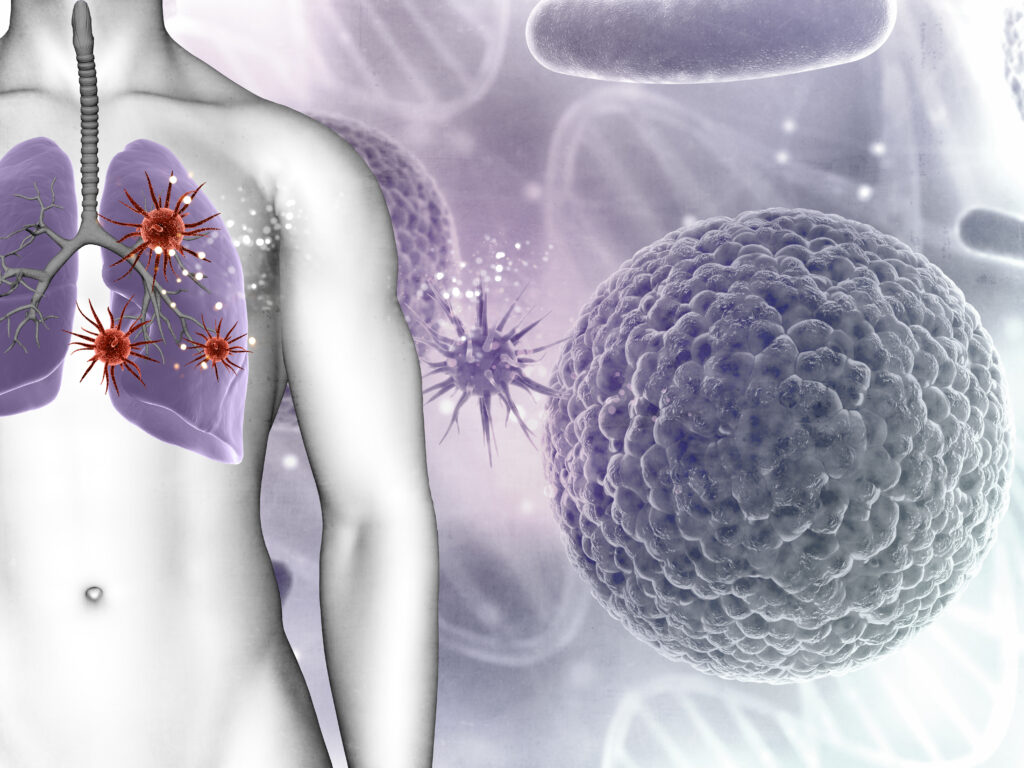

Pulmonary Edema
Pulmonary edema is a condition where excess fluid accumulates in the lungs, often resulting from heart problems. A pulmonologist specializes in diagnosing and managing pulmonary edema.
1. Shortness of breath or difficulty breathing
2. Feeling of suffocation or drowning
3. Wheezing or gasping for breath
4. Restlessness or a sense of anxiety
5. Chest pain, especially if caused by heart disease
6. Rapid or irregular heartbeat
7. Treatment for Pulmonary Edema
1. Medications to reduce fluid pressure in the lungs
2. Morphine to relieve shortness of breath and anxiety
3. Afterload reducers and blood pressure medications
Acute Respiratory Failure
Acute respiratory failure occurs when fluid accumulates in the air sacs of the lungs, preventing the lungs from effectively transferring oxygen into the blood. A pulmonologist specializes in the treatment and management of acute respiratory failure.
1. Inability to breathe
2. Bluish discoloration of the skin, fingertips, or lips
3. Restlessness
4. Anxiety
5. Confusion or altered consciousness
6. Rapid, shallow breathing
7. Racing heart
8. Profuse sweating
In severe cases, a pulmonologist may recommend a tracheostomy, a procedure to create an artificial airway in the windpipe. Additionally, pain medications and other drugs may be prescribed to assist with breathing.

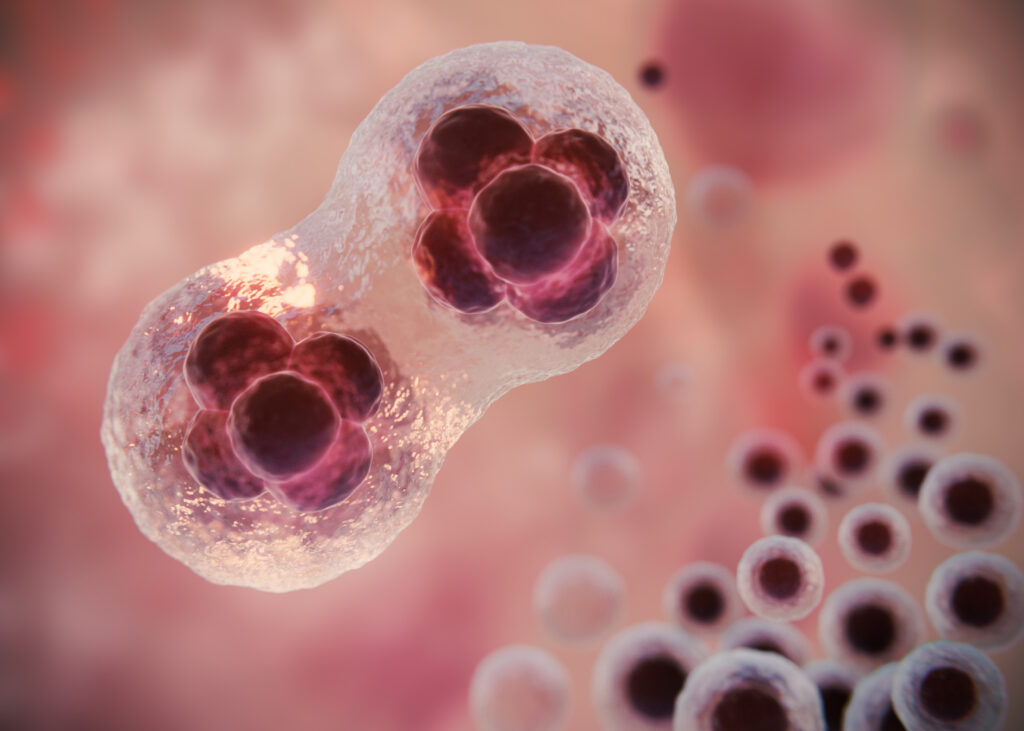
Silicosis
Silicosis is a lung disease caused by prolonged exposure to silica dust. It commonly affects individuals working in industries such as abrasives manufacturing, glass production, mining, and sandblasting. A pulmonologist specializes in the management of silicosis.
1. Persistent cough
2. Sharp chest pain
3. Fever
4. Difficulty breathing
5. Unexpected weight loss
There is no specific cure for silicosis. A pulmonologist may prescribe cough medicine, bronchodilators, and supplemental oxygen for supportive care. Antibiotics may also be used to treat any respiratory infections
